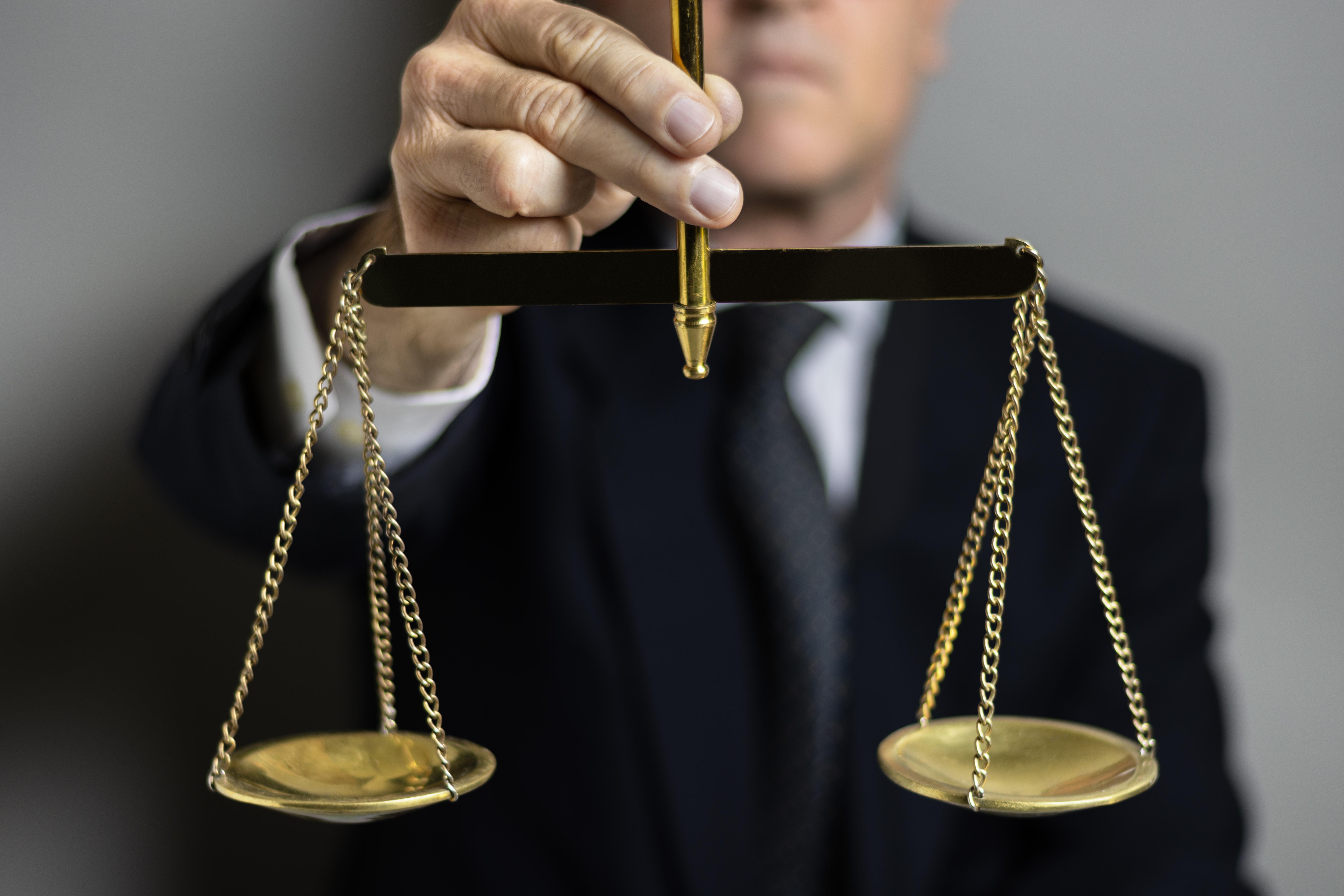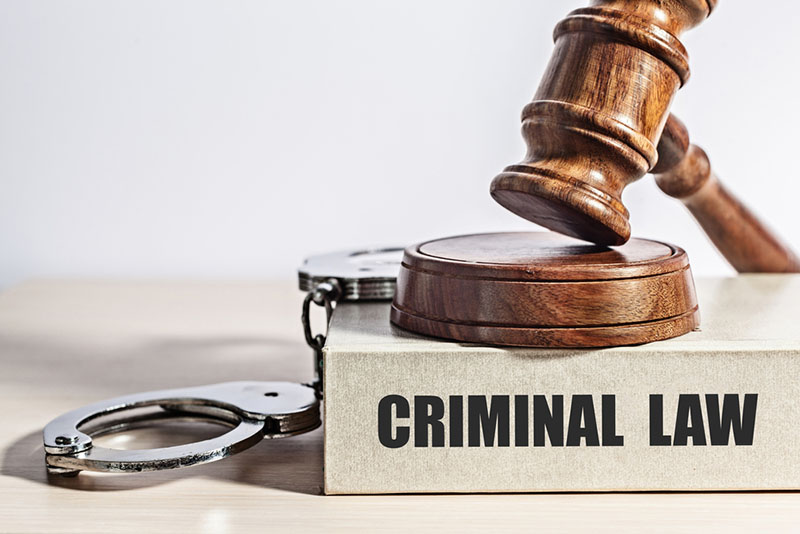
Arbitrary Arrest: A Threat to Liberty and Justice
Arbitrary arrest violates human rights, unjustly depriving individuals of liberty without cause or recourse.Despite international legal frameworks explicitly prohibiting arbitrary detention, instances of unlawful arrest persist in various jurisdictions.Arbitrary arrests undermine justice and democracy foundations.
Strengthen legal safeguards, enhance oversight, and hold violators accountable for rights violations.

Due Process and the Right to Legal Counsel: Pillars of Fair Trials
Central to the principles enshrined in Article 10 is the guarantee of due process and the right to legal counsel. These principles form the bedrock of fair trials, ensuring that individuals accused of crimes are allowed to defend themselves effectively. However, the reality often falls short of this ideal, with many individuals facing barriers to accessing competent legal representation.
Inadequate legal aid, systemic disparities perpetuate justice inequalities. Crucial: strengthen legal aid, promote education, empower marginalized communities.
Presumption of Innocence: Challenging Prejudice and Bias
Article 10 asserts presumption of innocence:
individuals are innocent until proven guilty in court. Yet, pervasive societal prejudices and media sensationalism often lead to the stigmatization and vilification of individuals accused of crimes. This not only undermines the principle of presumption of innocence but also erodes public confidence in the fairness of the criminal justice system.Combat prejudice and bias at all societal levels.Educate on presumption of innocence, promote responsible media, foster diversity in legal institutions.
Combating Torture and Inhumane Treatment: Upholding Human Dignity
Article 10 unequivocally prohibits the use of torture and cruel, inhuman, or degrading treatment or punishment in all circumstances. Torture persists, violating law, fostering impunity, undermining rule of law.
To eradicate torture and ill-treatment, comprehensive measures are needed to strengthen legal frameworks, enhance oversight mechanisms, and ensure accountability for perpetrators.Enhance rehabilitation and support for torture victims, acknowledging their dignity and right to redress.
Criminal justice systems serve as the cornerstone of maintaining law and order within societies, ensuring accountability for unlawful behavior while safeguarding the rights and liberties of individuals.
Systems face biases, inequalities, and justice access issues.
Exploring criminal justice complexities, advocating reforms for fairness, equity, and human rights respect.

Understanding the Components of Criminal Justice Systems
At its core, a criminal justice system comprises multiple interrelated components, including law enforcement agencies, courts, correctional facilities, and rehabilitation programs.
Every part serves justice: investigating, prosecuting crimes, adjudicating, and punishing offenders.
System effectiveness relies on fairness, impartiality, and human rights respect.
Challenges Facing Criminal Justice Systems
Despite crucial role, criminal justice systems face challenges hindering equitable justice.These challenges include:
Systemic Biases and Discrimination:
Biases in justice systems lead to disparities in arrests, sentences, and legal access
Overcrowded Prisons and Detention Facilities:
Many jurisdictions struggle with overcrowded prisons and detention facilities, exacerbating issues related to inmate safety, rehabilitation, and reintegration into society.
Access to Legal Aid and Due Process:
Marginalized communities often face barriers in accessing legal aid and navigating the complexities of the legal system, hindering their ability to assert their rights and mount a robust defense.
Pretrial Detention and Bail Practices:
Excessive pretrial detention and reliance on cash bail disproportionately impact low-income individuals, perpetuating cycles of poverty and inequality within communities.
Rehabilitation and Reentry Support:
Inadequate rehabilitation and reentry support programs contribute to high rates of recidivism, undermining efforts to promote rehabilitation and reduce reoffending.

The Imperative of Criminal Justice Reforms
In light of these challenges, the imperative of criminal justice reforms cannot be overstated. Meaningful reforms are needed to address systemic biases, promote equity and fairness, and uphold the principles of human rights and due process. Key areas for reform include:
Police Reform:
Implementing measures to combat racial profiling, enhance police accountability, and improve community relations through community policing initiatives and implicit bias training.
Legal Aid and Access to Justice:
Expand legal aid, educate, reform bail for equitable justice access.
Sentencing Reform:
Adopting evidence-based sentencing practices, promoting alternatives to incarceration for nonviolent offenses, and addressing disparities in sentencing outcomes based on race, ethnicity, and socioeconomic status.
Prison Reform:
Invest in rehab, reduce incarceration, tackle overcrowding, and ensure inmate safety.
Restorative Justice:
Embracing restorative justice principles to facilitate healing and reconciliation between victims and offenders, prioritize rehabilitation over punishment, and promote community-based solutions to crime.
The Role of Stakeholders in Driving Reform
Achieving meaningful reform within criminal justice systems requires concerted efforts from various stakeholders, including government agencies, policymakers, legal practitioners, civil society organizations, and community members.
Collaboration vital:
identify challenges, design evidence-based solutions, prioritize fairness, equity, and human rights.
Conclusion: Towards a More Just and Inclusive Future
Reforming justice crucial for fairness, equity, and human rights advancement in societies. By addressing systemic biases, promoting access to justice, and prioritizing rehabilitation over punishment, we can create a more just and inclusive future for all individuals.Collaboration and commitment build just systems, ensuring dignity and rights, fostering safer, healthier communities.
